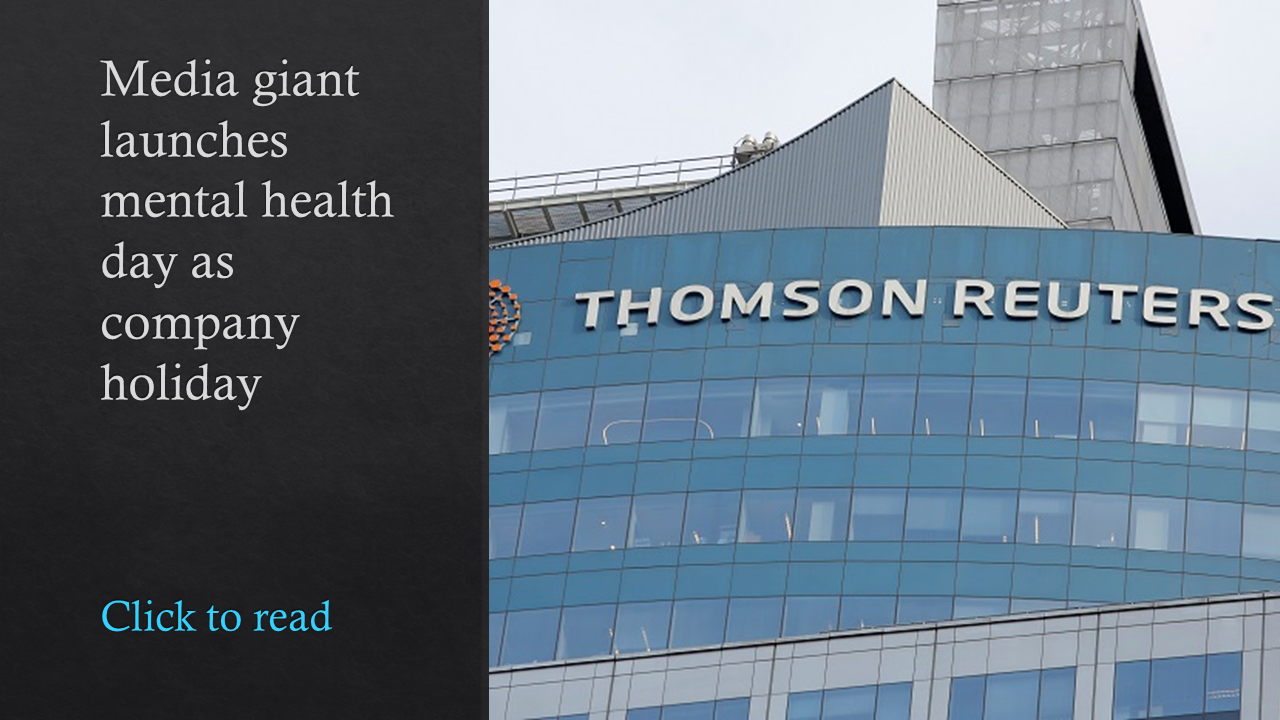LinkedIn is giving its 15,900 full-time employees a paid week off to help them combat burnout. The week, which begins April 5, is meant to encourage workers to unplug and recharge, CNN reported.
“We wanted to make sure we could give them something really valuable, and what we think is most valuable right now is time for all of us to collectively walk away,” Teuila Hanson, LinkedIn’s chief people officer, told CNN. Hanson said LinkedIn began surveying its workers regularly during the pandemic to gauge how they felt and found that workers have felt especially stressed out.
Although workers can take individual time off, the collective week is meant to be especially helpful to prevent burnout so workers “aren’t inundated by emails, meeting notes and project requests piling up in their absence.”
The move from the social media giant comes as many employers seek to address soaring rates of burnout–and other mental health afflictions–among their employees as a result of the pandemic.
Register for HRE’s Health & Benefits Leadership Conference here.
SAP announced last month it is launching a mental health day for its 102,000-plus employees to help them cope with the ongoing pandemic. The software giant’s Mental Health Day–a company-sponsored holiday for all employees–will be observed on April 27, with its office being closed globally. The company is hoping its workers can recharge, focus on themselves and their families, and disconnect from work.
 Media company Thomson Reuters said last fall that it would institute a mental health day as an annual company holiday. Cisco gave employees a collective mental health day last May, and Google extended the Labor Day weekend last fall in light of the pandemic.
Media company Thomson Reuters said last fall that it would institute a mental health day as an annual company holiday. Cisco gave employees a collective mental health day last May, and Google extended the Labor Day weekend last fall in light of the pandemic.
Related: Burnout is soaring during COVID-19: How can employers help?
Scores of research has pointed to the dramatic effect the pandemic is having on mental health. A December study of 1,136 employed U.S. adults from benefits provider Spring Health found that a staggering 76% of employees were experiencing worker burnout–which researchers say include such symptoms as exhaustion, feeling negative, cynical or detached from work, and reduced work performance. And Total Brain’s Mental Health Index, which has been tracking employees’ mental state monthly since the start of the pandemic, has found employees are dealing with soaring rates of depression, anxiety and lack of focus.
Those dire statistics have pushed mental health to the forefront at organizations and served as a rallying cry for employers, with many adding programs and benefits to help. But many experts say much more work needs to be done–and needs to continue–as the mental health crisis becomes a workplace epidemic.
See also: 10 strategies to improve employee mental health
“I think it’s important to note that this is not an issue that will be solved with a single initiative,” Dan Healey, head of HR at SAP, told HRE last month. “To prioritize mental health means to support employees for the long-term and continue to adopt benefits and initiatives that reflect their needs.”





